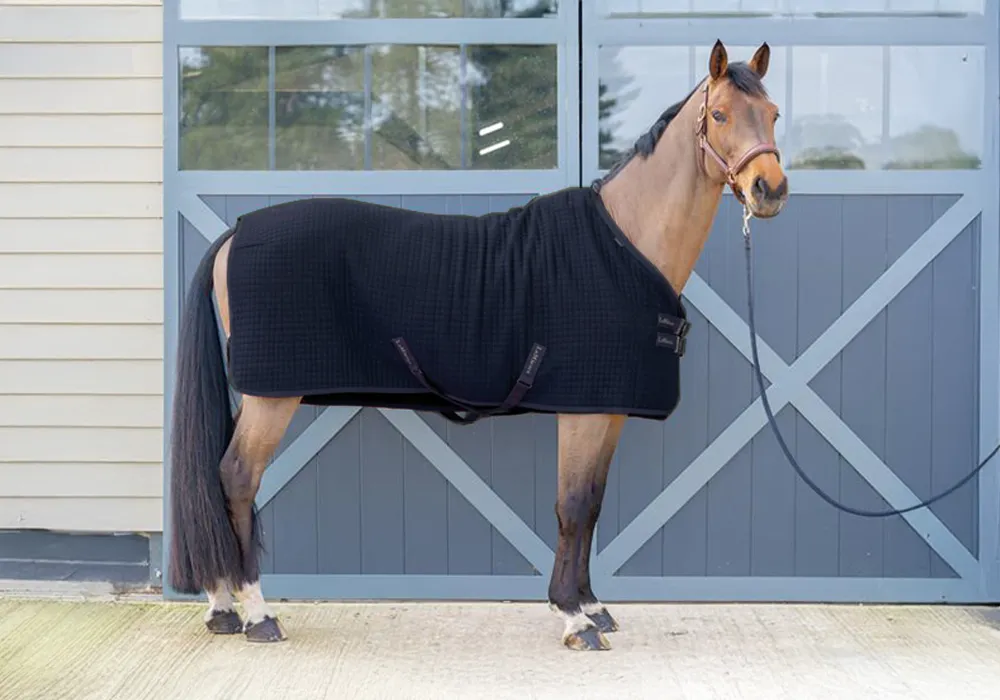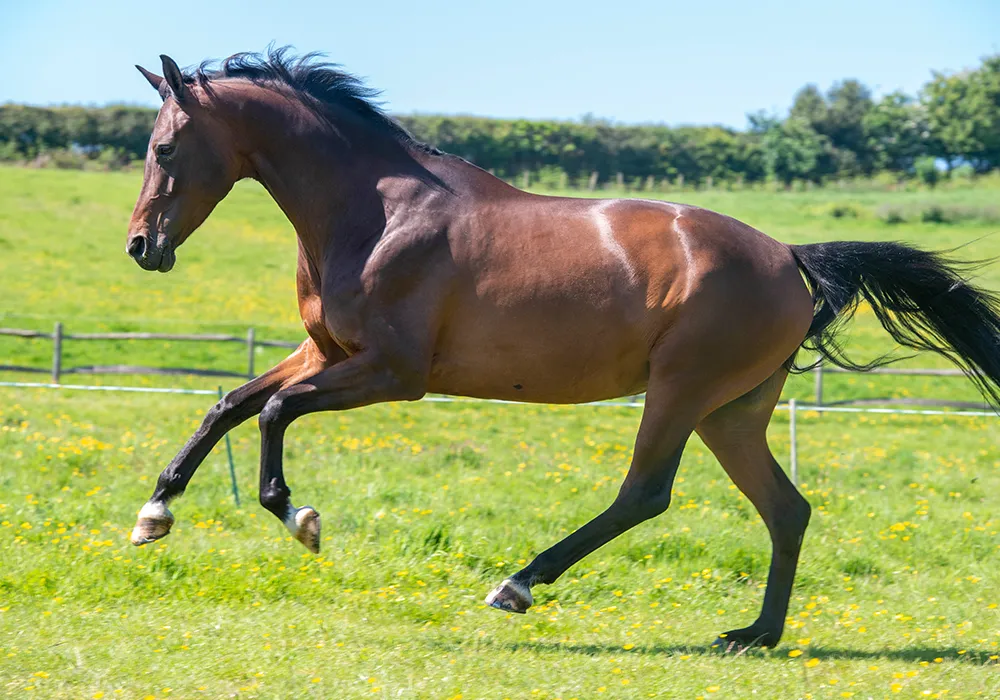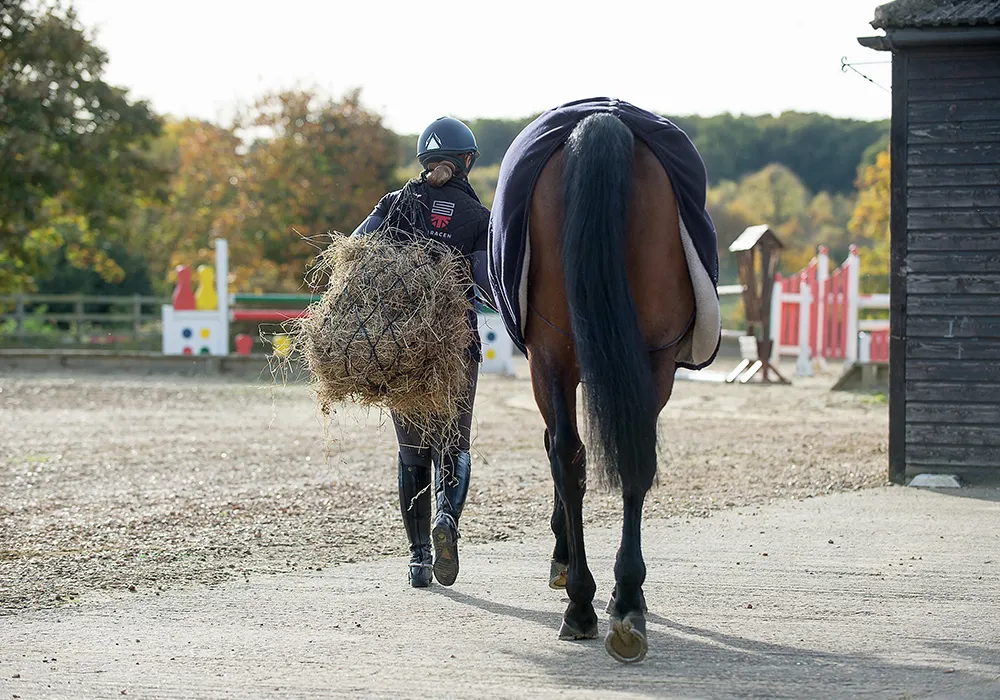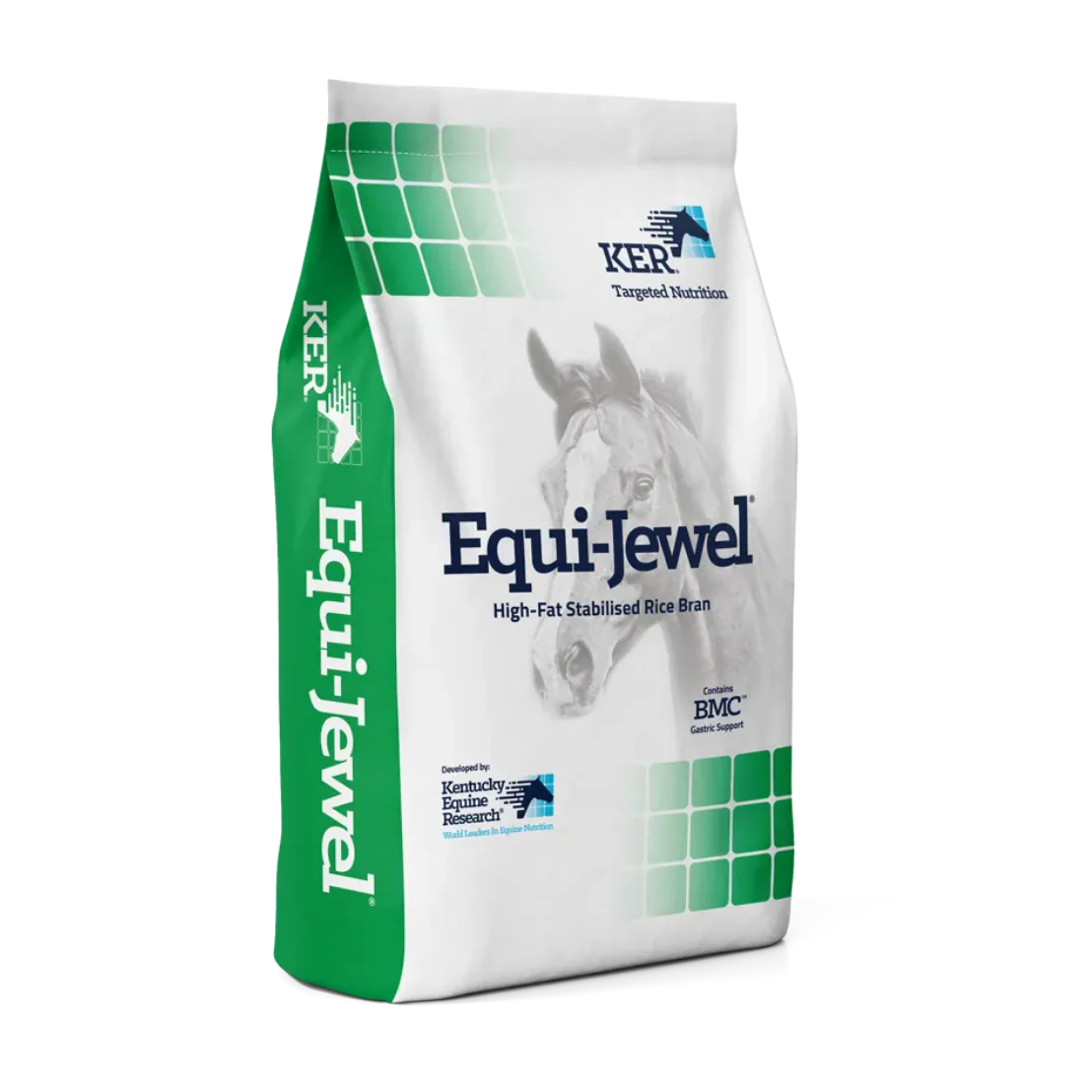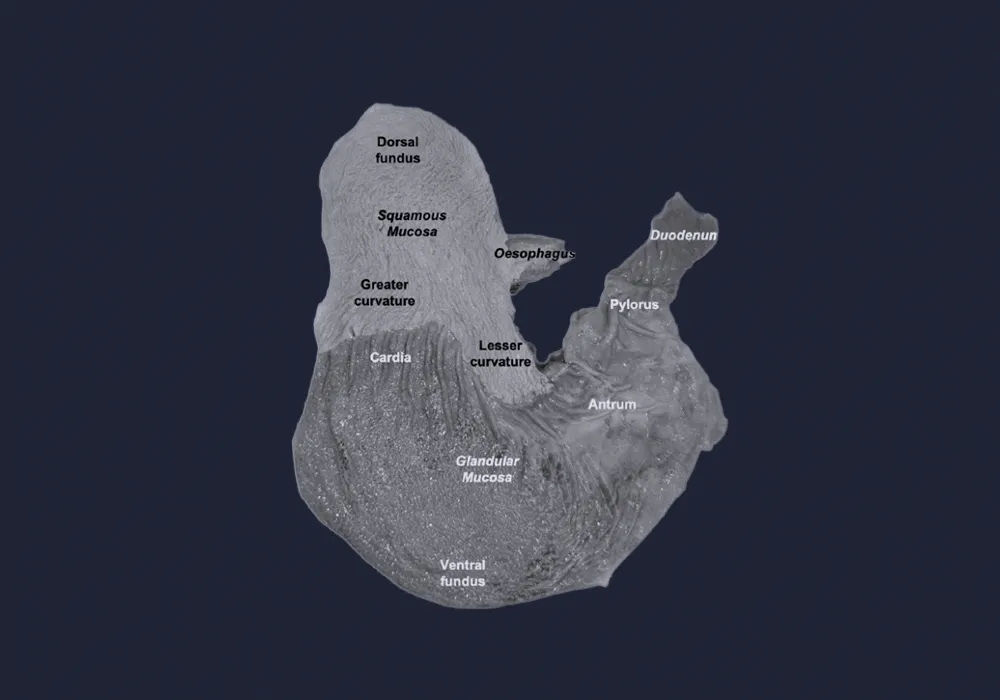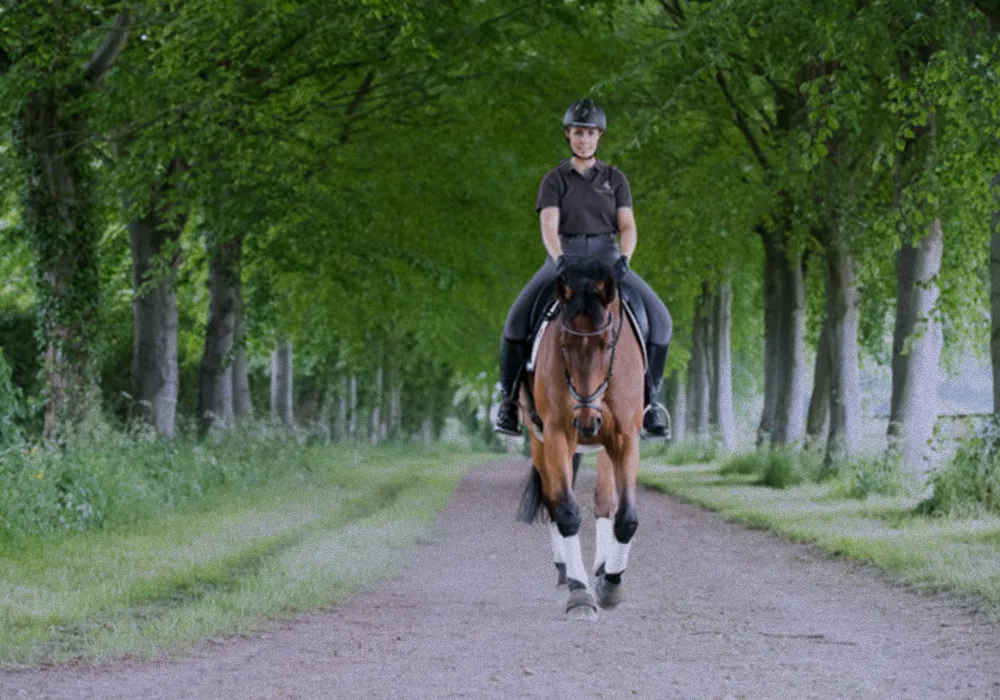Clinical Sign of Equine Gastric Ulcer Syndrome
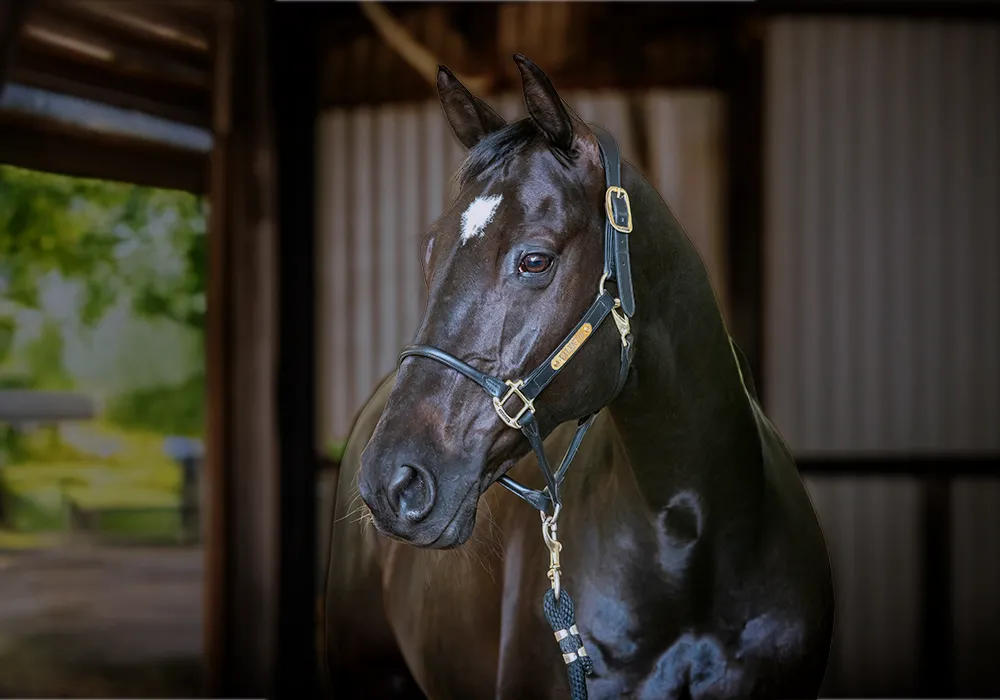
Understanding the Varying Signs of EGUS
The clinical signs of EGUS can vary from horse to horse and can also be a reflection of that individual horse’s temperament.
Some horses will show more obvious signs with mild ulceration while others may show limited signs even in the presence of substantial ulceration. Recent work has shown that horses with glandular ulceration have a higher stress response to novel stimuli than horses without ulceration.

Typical signs include:
- Poor appetite or change in eating behaviour
- Weight loss or failure to thrive
- Irritability and general changes in temperament
- Reduced performance
- Abdominal discomfort to girthing or grooming
- Recurrent mild colic – rare in ulceration, but if significant to your horse it should be investigated.
If you are concerned that your horse or pony is showing signs of digestive discomfort or has developed a change in normal behaviour we recommend you seek the advice of your vet and also discuss your horse’s diet with a registered nutritionist.
EGUS can only be diagnosed by gastroscopy.

After scoping, your vet will discuss different treatment protocols. As crucial as treatment is, identification of feeding and management risk factors in your horse is also a priority as improvement of these will enhance the effect of treatment and reduce the risk of ulcer recurrence.
Every horse reacts differently to the treatment and it is essential to allow horses and ponies time to recover.
Need Guidance?
If you would like any further information on feeding your horse or pony please feel free to contact our nutritional team on +44 (0)1622 718 487, email info@saracenhorsefeeds.co.uk or fill out our Feed Advice Form.
